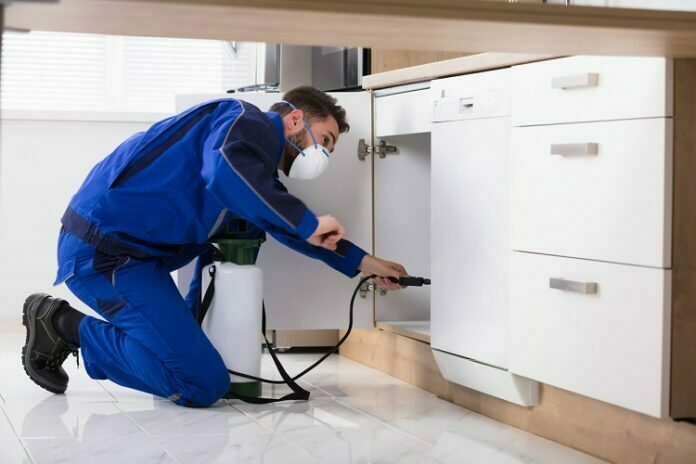Our homes are to some of us our most treasured possessions and it is therefore clear why it is that we want to keep it well cared for. And in that light, there is a word that strikes fear in each homeowner who hears it in the same sentence as his home: termites. Indeed, these pesky critters cause more than 30 billion dollars’ worth of damage yearly in the US and the issue is that they are usually too hard to spot until they have had real impact on a structure. So when trying to prevent this, there are some steps that should be undergone by any respecting homeowner:
Regular checking is crucial. And since only professionals can guarantee that your home is safe and sound have a look around the internet and make sure such an expert comes to your home. We’d recommend that you conduct research on the quality and cost of termite treatment.
- As termites thrive in moist atmospheres, keeping a non-humid environment is the key when trying to ensure home-safeness. The fact that termites depend on sources of water for survival gives you the opportunity of making it close to impossible for them to happily exist anywhere near your home: just check for broken pipes or leaks.
- Even it is aesthetically non-desirable that you have holes or openings in your home, the number one reason why you should actively check for such structure flaws is termite prevention. They are in fact just like any other insect which means they will use any crack as a way towards foundations and other places.
- If you are building a home, be sure to chemically treat your wood. This greatly reduces the chance of termite infestation and if you combine it with raising outdoor decks and any wooden structures whatsoever off the ground, you will have nothing to worry about. The idea is that we are trying to prevent termites from constructing tunnels from within the ground and if there is no connection between the soil and the wooden structures you’re in the clear.
- Adequate ventilation is another important aspect to be considered. As it reduces moisture levels and humidity, it also addresses the same issue we spoke about in earlier. And while you’re at it, make sure you remove any stagnant water around your house. So be sure to invest in proper drainage systems, make sure that water does not collect around the house after it rains and also avoid having large bushes in the vicinity as they also increase humidity levels.
When you think of it, there really are steps that take no time at all but if enforced correctly you will never have to lie awake at night thinking if what you are hearing is termites eating away at your wooden floors.









